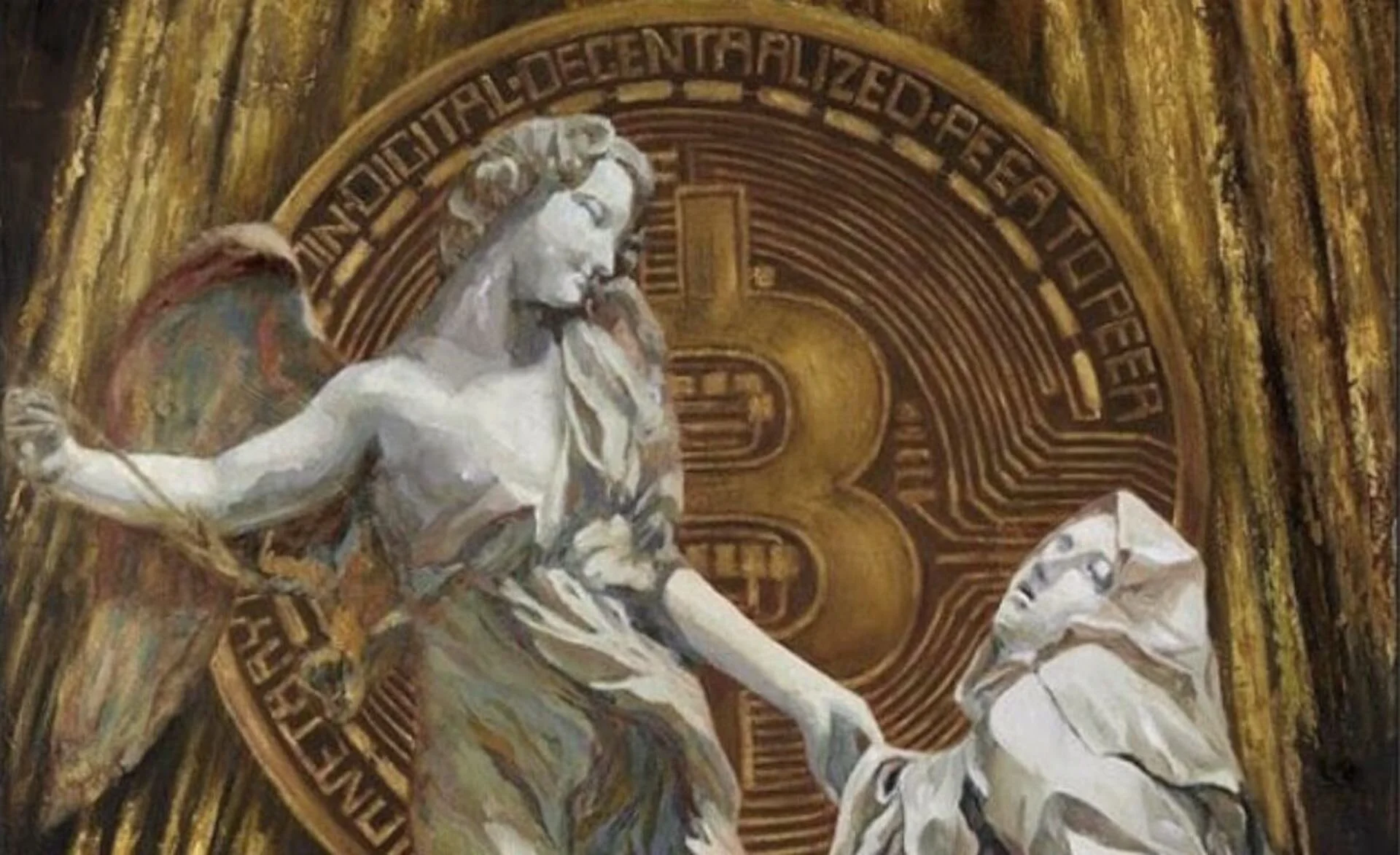NFTs and The Metaverse
F. Scott Fitzgerald, in his 1936 essay "The Crack-Up," wrote "the test of a first-rate intelligence is the ability to hold two opposed ideas in the mind at the same time, and still retain the ability to function." Our intelligence will be sorely tested by our ability to function in a universe so fundamentally changing that it might just as well be considered an idea opposed to everything representing our past experience.
We begin with something called blockchain and what it means as to value determination. Our initial discussion of blockchain was in the context of its use as a parallel type of currency, Bitcoin ( MM 11/9/20/Bitcoin and Value Illusion). There's no real need as far as our next discussion to peek under the blockchain hood except to note (and to which we'll stipulate for our discussion purposes) that it is a totally decentralized (i.e. no central control) system with which to establish absolute ownership rights to something(s) that can be transferred in a failsafe manner without the need for any third-party custodial trust.
Those blockchain "somethings" can be fungible tokens (i.e. they're all the same) such as Bitcoin, which can readily be purchased, held, or sold at will. Value is derived from their mandated scarcity, unlike so-called fiat currency which can pretty much be created at the pleasure of the state. That is the reason Bitcoin has enjoyed an eye-popping price rise (in dollar terms) as the state has pleasured itself (via federal reserve) with overheated currency issuance, something called liquidity. Bitcoin is one measure of such liquidity excess -- a cheeky way to say this is that in a world where most other assets are massively overpriced Bitcoin is the ultimate place where liquidity goes to die.
The above serves merely as background for our upcoming discussion, centered around something called non-fungible tokens (NFT). Like the fungible Bitcoin tokens, they are a robust and foolproof way to establish ownership rights to an asset. Unlike fungible tokens, however, NFTs are tied to a specific and unique asset. Like Beeple's.
Beeple is a digital artist who made $3.5 million at auction in a single weekend despite the fact none of his works have physical form ( Beeple ). Update: Beeple just scored another $70 million in the auctioned sale of the roughly five thousand pieces he had pumped out on a daily basis in what might otherwise have been considered a hobby. But that's not the most jaw-dropping part. The object of the sale was specifically limited to title ownership of the pieces and had nothing to do with their viewing rights -- in fact, each piece was and is readily available to be viewed by anyone on Instagram for free. Welcome to the power, or at least the prospect, of the NFT.
There are just so many ways to confront this new frontier when it comes to redefining the whole meaning of value. Consider NFT as a sort of valuation telescope: viewed from one end of the telescope there is an almost infinite magnification of value; peered from the other end, however, a real-world $70 million estate might now be seen as a single token representing little more than virtual bragging rights.
While crypto-art, as a digital asset, may be particularly conducive to this new digital metaverse, the physical world is rapidly being reduced to, or at least expressible in terms of, tokens. From there we shall embark in a separate session (MM 4/5/21) on something which may totally upend the established world -- the prospect of widespread disintermediation (i.e. the elimination of middlemen in everything from brokering real estate to securities).
Grant us the intelligence to function in this reimagined world.

